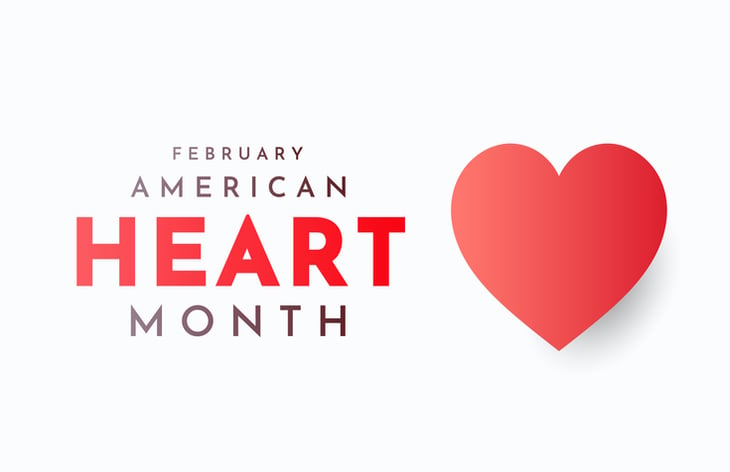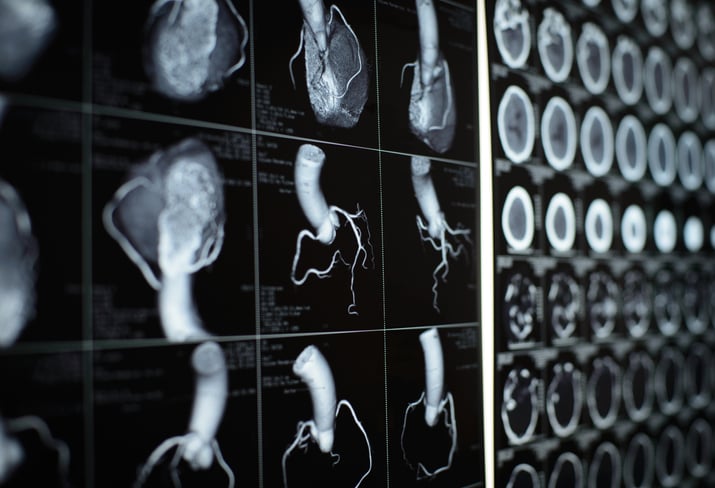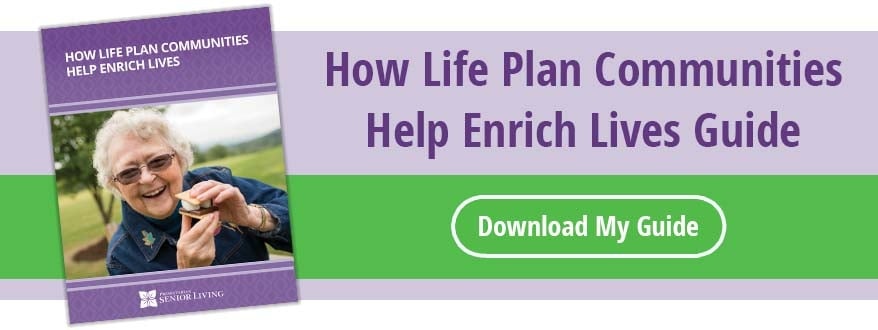
Thrive Wellness: American Heart Month
As part of the physical dimension of Thrive Wellness, we recognize American Heart Month during February. We consider the important functions of our hearts and how we can ensure their proper health. The human heart is the most important muscle in the human body— without it functioning, we cannot survive. Its function is essential, and it must continually work, never resting, 24/7, 365 days a year.
American Heart month provides us an opportunity to focus our attention on our hearts and how we can take good care of them as part of a healthy lifestyle. In an effort to remain focused on this important aspect of our health, this year's theme is #OurHearts— "When we take care of #OurHearts as part of our self-care, we set an example for those around us to do the same."
President Lyndon B. Johnson established American Heart Month under Presidential Proclamation 3566 in December 1963, 10 days after Congress issued a joint resolution requesting the president to issue an annual proclamation.
Organizations across the country celebrate American Heart Month and the importance of early interventions to address potential cardiovascular disease. During this focus in February, awareness campaigns and communications center around the associated health risks and how we can take steps and make lifestyle changes to decrease our chances of developing cardiovascular disease and any related conditions.
Here are a few common heart health risks that seniors face:
- Heart attack
- Stroke
- Coronary heart disease
- Heart failure
- High blood pressure
We only get one heart in our lifetime, so we must take care of our hearts and make heart-healthy decisions. This important muscle is the driving force in our bodies, enabling us to carry out everyday activities.
An essential component of Thrive Wellness is personal choice along one's wellness journey. Having a healthy heart is one of the factors that will enable one to remain independent longer and continue making their own decisions.
It's important for everyone to learn the facts about heart disease, not just to be well informed, but to take the necessary healthy steps to help prevent it.
Heart Disease Statistics from the Centers for Disease Control and Prevention
Heart Disease
- Heart disease is the leading cause of death for men, women, and people of most racial and ethnic groups in the United States
- One person dies every 36 seconds in the United States from cardiovascular disease.
- About 659,000 people in the United States die from heart disease each year—that's 1 in every 4 deaths.
- Heart disease cost the United States about $363 billion from 2016 to 2017. This includes the cost of health care services, medicines, and lost productivity due to death.
Coronary Artery Disease
- Coronary heart disease is the most common type of heart disease, killing 360,900 people in 2019.
- About 18.2 million adults age 20 and older have CAD (about 6.7%). About 2 in 10 deaths from CAD happen in adults less than 65 years old.
Heart Attack
- In the United States, someone has a heart attack every 40 seconds.
- Every year, about 805,000 people in the United States have a heart attack. Of these,
-
- 605,000 are a first heart attack
- 200,000 happen to people who have already had a heart attack
- About 1 in 5 heart attacks are silent—the damage is done, but the person is not aware of it.
As you can see from the stats above, heart disease is something everyone should be thinking about as they age. Being informed and making intentional lifestyle changes to care for your heart reduces your inherent risk of developing heart disease or other associated conditions.
Signs of Heart Disease
According to the National Institute on Aging, early heart disease often doesn't have symptoms, or the symptoms may be barely noticeable. That's why regular checkups with your doctor are essential.
Contact your doctor right away if you feel any chest pain, pressure, or discomfort. However, chest pain is a less common sign of heart disease as it progresses, so be aware of other symptoms. Tell your doctor if you have:
- Pain, numbness, and/or tingling in the shoulders, arms, neck, jaw, or back
- Shortness of breath when active, at rest, or while lying flat
- Chest pain during physical activity that gets better when you rest
- Lightheadedness
- Dizziness
- Confusion
- Headaches
- Cold sweats
- Nausea/vomiting
- Tiredness or fatigue
- Swelling in the ankles, feet, legs, stomach, and/or neck
- Reduced ability to exercise or be physically active
- Problems doing your normal activities
Problems with arrhythmia are much more common in older adults than younger people. Arrhythmia needs to be treated. See a doctor if you feel a fluttering in your chest or have the feeling that your heart is skipping a beat or beating too hard, especially if you are weaker than usual, dizzy, tired, or get short of breath when active.
If you have any signs of heart disease, your doctor may send you to a cardiologist, a doctor who specializes in the heart.
Proactive Ways to Care for Your Heart
 We must be intentional and purposeful about our self-care, especially related to our hearts. Here are a few simple ways you can actively care for your heart:
We must be intentional and purposeful about our self-care, especially related to our hearts. Here are a few simple ways you can actively care for your heart:
- Get a daily dose of physical activity, such as a brisk 30-minute walk.
- Cook meals that are low in sodium and unhealthy fat.
- Take your medications as prescribed and keep your medical appointments.
- Sleep 7-8 hours a night
- Manage stress through, for example, meditation, yoga, a warm bath, or quiet time with a good book or funny movie.
- Try to reach or stay at a healthy weight by moving more and having snacks like fruits and veggies ready to grab when hunger hits.
The statistics and facts related to heart disease can certainly feel frightening and a cause for concern. However, information is power, especially when we take that information and proactively make informed decisions that contribute to a more positive outcome. Being able to "have a say" in our heart's health while making lifestyle choices that will help our heart remain healthy and strong is both empowering and motivating.
As part of our culture of Thrive Wellness, let's make heart health and taking care of our hearts through proper self-care a top priority and top of mind this year.
#OurHearts— "When we take care of #OurHearts as part of our self-care, we set an example for those around us to do the same."
Please stay tuned for next month’s post for Thrive Wellness updates and share this information with your friends. Invite them to subscribe to the Waypoints Learning Center. Thrive Wellness monthly blogs will post at the end of each month.
People who come to Presbyterian Senior Living come for more than just a place to live– they come to feel energized, challenged, and fulfilled; they come to THRIVE.
About Jim Mangol
Jim Mangol, Corporate Director of Thrive Wellness, supports PSL’s Thrive Wellness initiative, volunteer programming, and fitness centers. Jim has served in senior living wellness for over 22 years, bringing with him extensive experience in aging services as well as health and wellness at non-profit life plan communities. He is well known to PSL as he has been a consultant since 2016 for our Fitness and Aquatic Center programming. Jim is a graduate of Temple University with a Bachelor of Science degree in Kinesiology, as well as a 2015 graduate of the Leading Age PA Fellows in the leadership program. He is currently pursuing his Masters in Healthcare Administration degree at Delaware Valley University. Jim is an active member of the International Council on Active Aging and the Senior Exercise Professionals of PA. Jim lives in Hatfield, PA with his wife Shannon, 3 sons: Aiden, Austin, and Anthony, and a three-year-old rescue dog named Nala. He enjoys spending time with his family, spending time outdoors, coaching youth baseball, and teaching CCD/REC.


